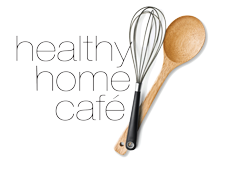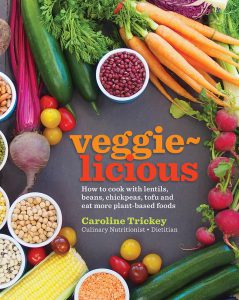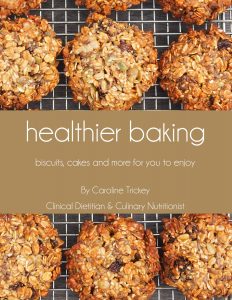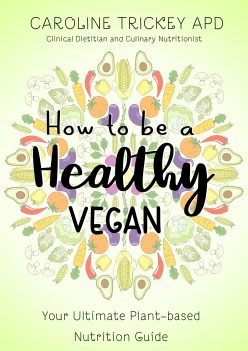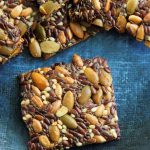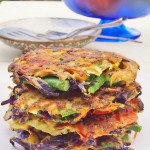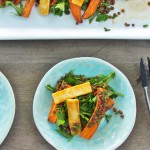Pleasure – why we need to eat food we enjoy
Food for me is such a wonderful, pleasurable part of life. But sadly not everybody feels this way
Many feel that if they really enjoy what they are eating either
- it can’t be healthy
- or, they won’t be able to stop eating it
But you won’t
In fact enjoying food does the exact opposite, it helps you to eat JUST the right amount
Here is an excellent article about pleasure and metabolism from the Institute for the Psychology of Eating…
Pleasure and Metabolism.
Vitamin P – Pleasure – is a vital element that makes our meals nutritionally complete and makes life worth living. Like all organisms, we humans are genetically programmed to seek pleasure and avoid pain. This is can especially be seen when we eat: we’re seeking the pleasure of food and avoiding the pain of hunger.
The simple scientific equation for the profound biochemical effects of pleasure is this:
When you’re turned on by food, you turn on metabolism.
In a study at the University of Texas, participants with very high cholesterol levels were placed on a low-fat diet, but, they were allowed to splurge every other day on a milkshake and a ham and cheese sandwich. According to conventional wisdom, they should have experienced a spike in cholesterol, but there was none. The only elevation they showed was that of enjoyment. Despite the high fat content of the splurge foods, their cholesterol-raising effect was somehow mitigated by the chemistry of pleasure.
In another study, researchers from Sweden and Thailand joined forces to determine how cultural preferences for food affect the absorption of iron from a meal. A group of women from each country was fed a typical Thai meal – rice, veggies, coconut, fish sauce and hot chili paste. The Thai women enjoyed the Thai food the but Swedish women did not. This proved to be a crucial detail, because, even though all the meals contained the exact same amount of iron, the Swedish women absorbed only half as much as the Thai women. Both groups then received a typical Swedish meal – hamburger, mashed potatoes, and string beans. Not surprisingly, the Thai women absorbed significantly less iron from their Swedish meal. What a fascinating example of Dynamic Eating Psychology in action!
Remove pleasure, and the nutritional value of our food plummets.
If you’ve been eating foods that are “good for you,” even though you don’t like them, then you might not be creating the nutritional effect you want.
The chemical cholecystokinin, or CCK, is produced by the body in response to protein or fat in a meal and performs a number of functions. First, it directly aids digestion by stimulating the small intestines, pancreas, gallbladder, and stomach. Second, when it’s released in the hypothalamus, it shuts down appetite. And last, CCK stimulates the sensation of pleasure in the cerebral cortex, the highest portion of the brain. The same chemical that functions to metabolize our meal also tells us when it’s time to finish that meal, and makes us feel good about the entire experience.
The class of chemicals most people associate with pleasure are the endorphins. They are naturally produced in the brain and the digestive system – and they exist, in part, to make us happy. The simple act of eating raises our endorphin levels. What’s interesting about the endorphins is that they also stimulate fat mobilization. In other words, the same chemical that makes you feel good burns body fat. And as they are released in your digestive tract, more blood and oxygen are delivered, supporting increased digestion, assimilation, and calorie burning.
The field of Mind Body Nutrition tells us that a relaxed, pleasured eater has natural appetite control.
A stressed eater produces more circulating cortisol – our main stress hormone. Cortisol desensitizes us to pleasure. When you’re in fight or flight response and trying to escape the hungry wolf, you don’t want your brain to get sidetracked looking for chocolate.
When cortisol desensitizes us to pleasure through our day-to-day stresses, we need to eat more food to feel the same amount of pleasure as when we’re relaxed. And if we’re afraid of pleasure or anxious about gaining weight, we’ll generate more cortisol. This chemical will swim through our bloodstream, numb us to pleasure, and ironically create the effect we feared – the feeling that “if I eat something fun, I won’t be able to stop…”
Pleasure loves slow.
Its greatest gifts unfold when we drop speed and self-denial and allow timelessness and sensuality to breathe us back into each moment. If you’ve been depriving yourself of enjoyment, it’s time to welcome a healthy sense of pleasure back to the table.
You may also enjoy this article
